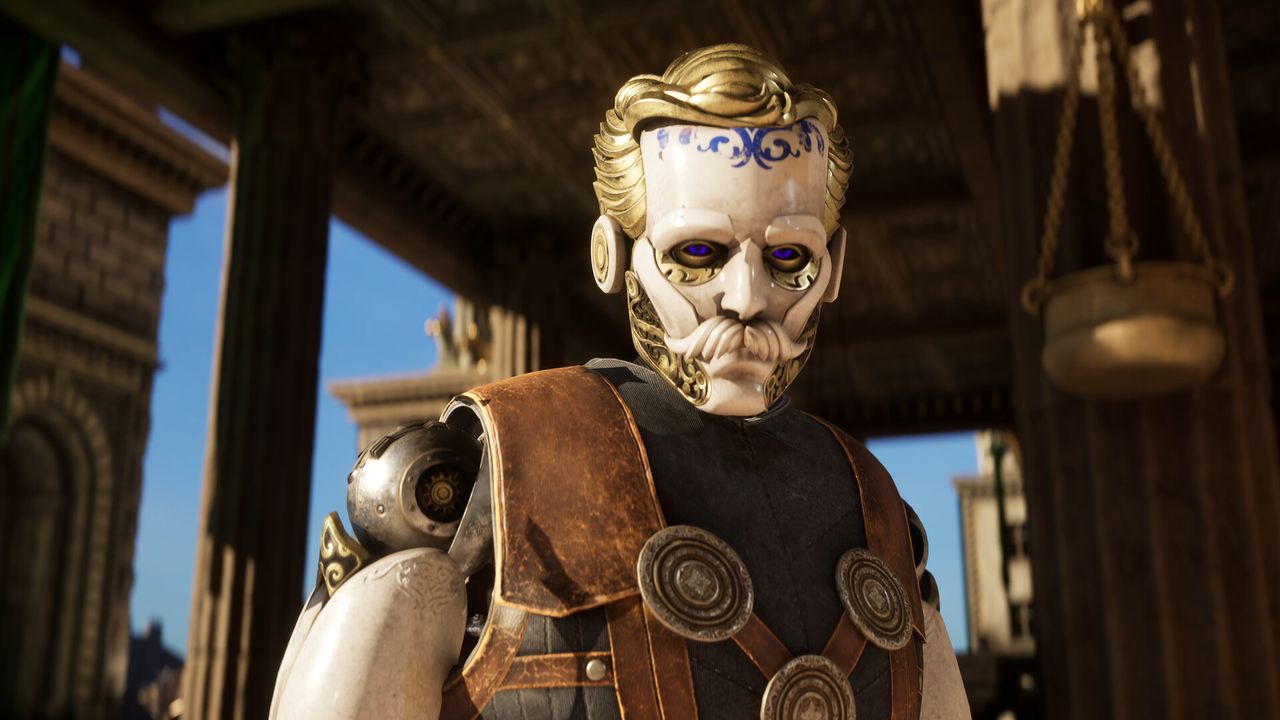Despite owning the studio behind Ghostwire Tokyo, Microsoft’s console version runs worse than Sony’s.
Ghostwire Tokyo was one of the highlights of last year, with Tango Gameworks‘ action adventure making it onto several of TheGamer editors’ Game of the Year list. A timed exclusive for the PlayStation 5, the title launched on Xbox Series X/S a week ago. But according to an analysis, the game runs significantly worse on Microsoft’s console than on Sony’s.
Tech specialists Digital Foundry (via VGC) ran their side-by-side comparisons and found the Xbox port “quantifiably worse” as its performance lagged the PS5 version, which in itself wasn’t the best showcase for the hardware. While Ghostwire Tokyo looks great with an atmospheric and detailed recreation of Japan’s capital city, it suffers from some performance issues, which happen to be worse on the Xbox Series, and especially the Series S.
Digital Foundry’s Oliver Mackenzie spoke on a recent DF Direct podcast episode and said, “in general, [Ghostwire Tokyo] runs worse than PlayStation 5, and Series S is a bit of a mess”. Mackenzie called it a “really weird situation” and somewhat of a surprise considering the game’s developer could be considered a Microsoft first-party development studio.
DF’s breakdown revealed that while resolutions between the PS5 and Xbox versions were “pretty similar” the Xbox quality mode has a “moderately lower” resolution than PS5 and that performance is “typically 5 to 10 percent lower than PlayStation 5 [when comparing] the same scene”. In addition, ray-traced reflections are supposedly worse quality on Microsoft’s console while there are also shadow alignment bugs with the ray-traced shadows.
On the less powerful Xbox Series S, both of the game’s graphics modes – Performance and Quality – lack ray tracing while the Performance mode apparently runs at less than 60 frames per second. Not that the PS5 version is flawless, though. Digital Foundry’s John Linneman and Alex Battaglia had noted issues with the PS5 game and had hoped it would be fixed in the future, but Mackenzie observed that issues are not only unresolved but seemed to worsen.











_title.png)

























